'Best time' to travel to Russia for stem cell transplants
- Published
'We're heading to Russia for MS transplant'
Two Scottish women living with multiple sclerosis for almost 20 years have travelled to Russia for what they hope will be life-changing treatment.
Jill McLaren and Michele Murray had planned earlier trips to a private Moscow clinic but they were cancelled because of Covid travel restrictions.
Both women had to shield themselves from the virus.
They have now been granted visas by the Russian authorities and will have stem cell transplants over the coming weeks.
Haematopoietic stem cell transplantation (HSCT) is an aggressive procedure that carries risks.
The MS Society Scotland said that while "some people see life-changing results" the treatment was not effective for all types of the disease and those considering it should discuss it carefully with their GP or neurologist.
Afterwards, the women will be extremely vulnerable to serious infections and could take more than a year to recover.
'Safest time to travel'
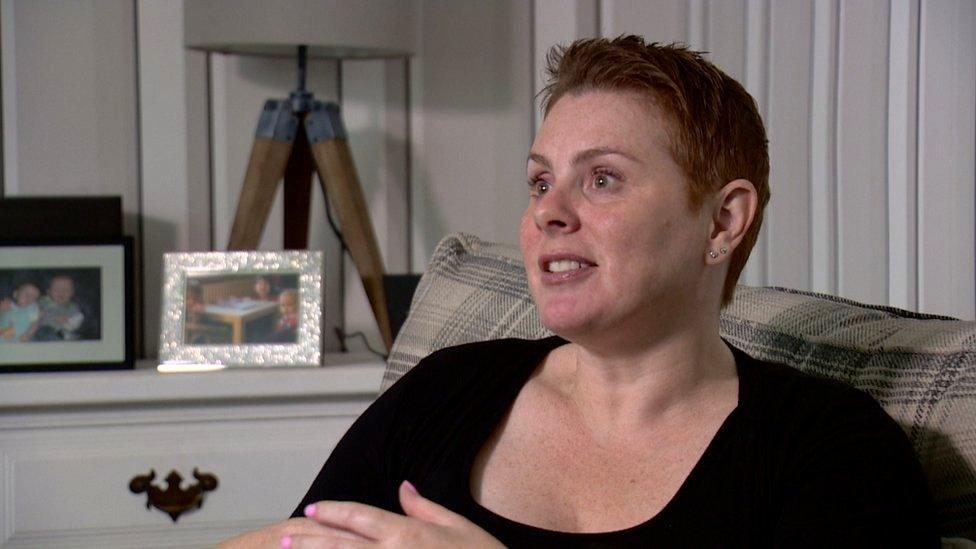
Jill McLaren said she was excited about having the treatment
Jill, a former radio presenter and journalist from Edinburgh, said: "I think it's probably the safest time to go because everybody is taking so much more care. I know that probably sounds stupid, but it is probably the best time to travel, and come back.
"I'm not worried about going, I'm really excited. I can't wait."
The women contacted each other through social media when they discovered they were going to be in the clinic at the same time, and decided to travel together.
Michele is from Tain in the Highlands and worked as a clerical assistant until ill-health forced her to give up her job.
She said: "I feel that it's the cleanest and safest time to travel because there won't be as many people on the plane and everything is sterilised. To me it's a no brainer to do it now.
"It's just great going with Jill. Both our husbands can relax knowing we're going to have each other. That makes all the difference. We don't have to travel on our own."
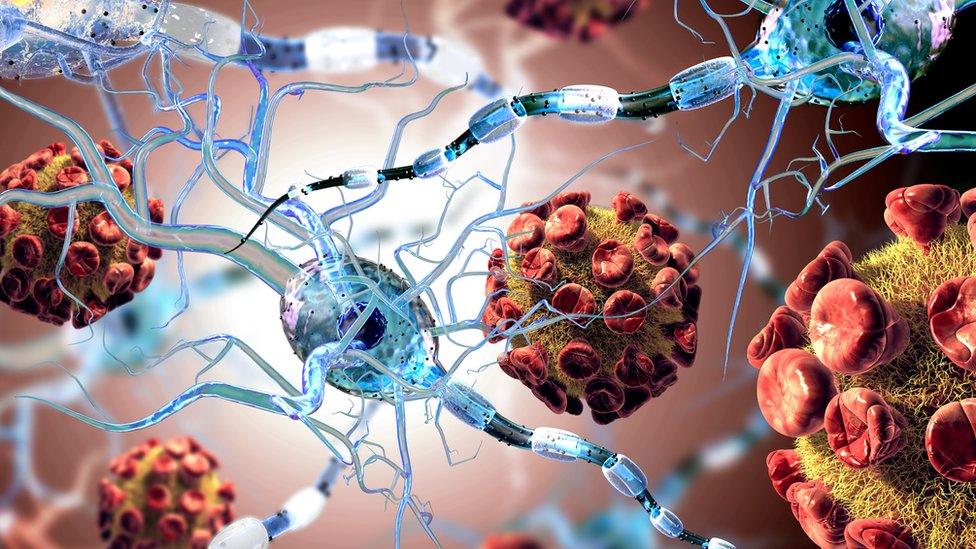
MS affects the brain and spinal cord
Multiple sclerosis (MS) is a neurological condition which affects the brain and spinal cord and can lead to serious disability.
Instead of fighting off infection, the immune system attacks the nerves which control different parts of the body.
More than 15,000 people have MS in Scotland, a higher prevalence than most other countries in the world.
Jill was diagnosed with the condition 18 years ago, Michele a year later.
Both women are married with children and fear their health is deteriorating to the extent that they will soon become confined to a wheelchair.
Intense chemotherapy
They were part of the group that had to shield in Scotland at the height of the pandemic
They are now paying tens of thousands of pounds to undergo HSCT, an intense chemotherapy treatment which aims to stop the damage caused by MS by removing harmful immune cells.
The person's own stem cells are then used to regrow and "reboot" the immune system.
More than 130 patients have received HSCT from the NHS in England, but hundreds more have paid for private treatment in foreign clinics.
Last year, it was recommended for use by the NHS in Scotland but so far it has not been given to any patients north of the border.
'Starting from scratch'
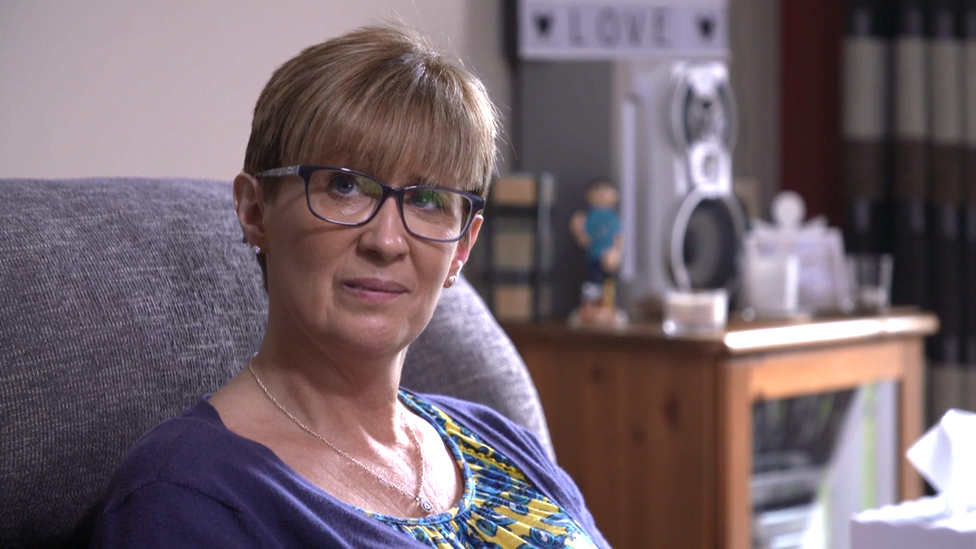
Michele Murray said it was important for her to try the treatment
Michele and Jill say they don't meet the current NHS criteria for the treatment so they're following in the footsteps of 32 Scots who've travelled abroad for HSCT in recent years.
Jill said: "It's basically pressing control alt delete on my immune system. It's starting again from scratch.
"This is the only thing that's available that can stop the thing in its tracks.
"The criteria that you have to fall into to get it on the NHS in Scotland is so, so, so narrow that I will never fit into it. For one thing, I've had the disease too long. I don't have the luxury of waiting until it does become available.
"People tell me you're brave going to do this, but it's not brave, I'm desperate."
Michele added: "You just feel it's getting worse and worse and you're deteriorating. You have to try to find something that's going to help.
"You need to do it to know if it's going to work. You don't have the option not to try."
'Restrictive criteria'
The Scottish HSCT network is working to raise awareness of the treatment for people living in Scotland.
A spokeswoman said: "Patients continue to travel abroad to receive HSCT for multiple sclerosis as, for many, there are no other treatment options in Scotland.
"The decision to make HSCT available on NHS Scotland is a great step forward. Although restrictive criteria remain, this recognises the real and tangible benefits of HSCT for people coping with the effects of MS on a daily basis."
Morna Simpkins, director of MS Society Scotland, said: "Last year's decision from the Scottish Health Technologies Group (SHTG) to recommend HSCT for consideration in the treatment of MS was welcome news and could help in the development of a clear pathway, for people who could potentially benefit, to access it.
"We will continue to push to ensure that this decision leads to real change for people with MS by continuing to engage with NHS Scotland and other groups to offer the treatments, including HSCT, which are right for them."
- Published8 October 2019
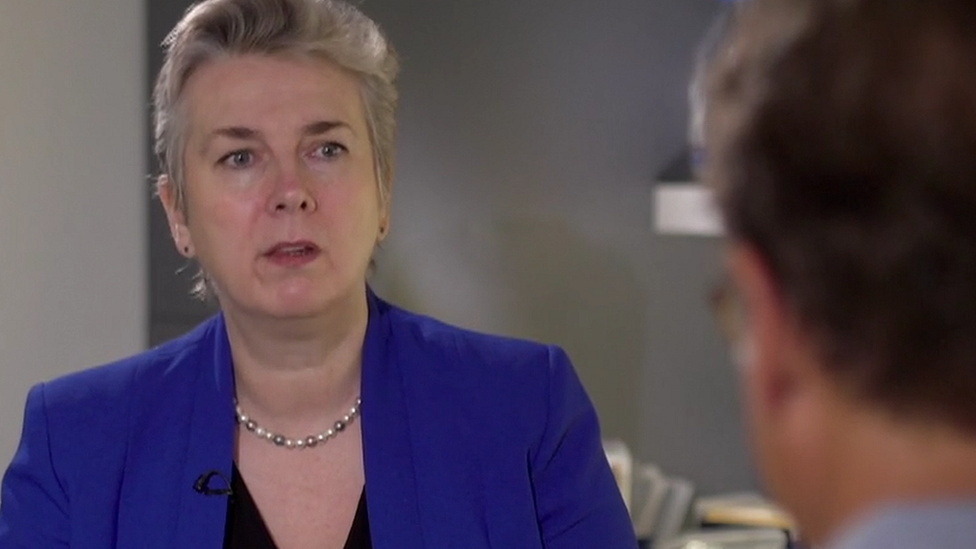
- Published24 October 2018
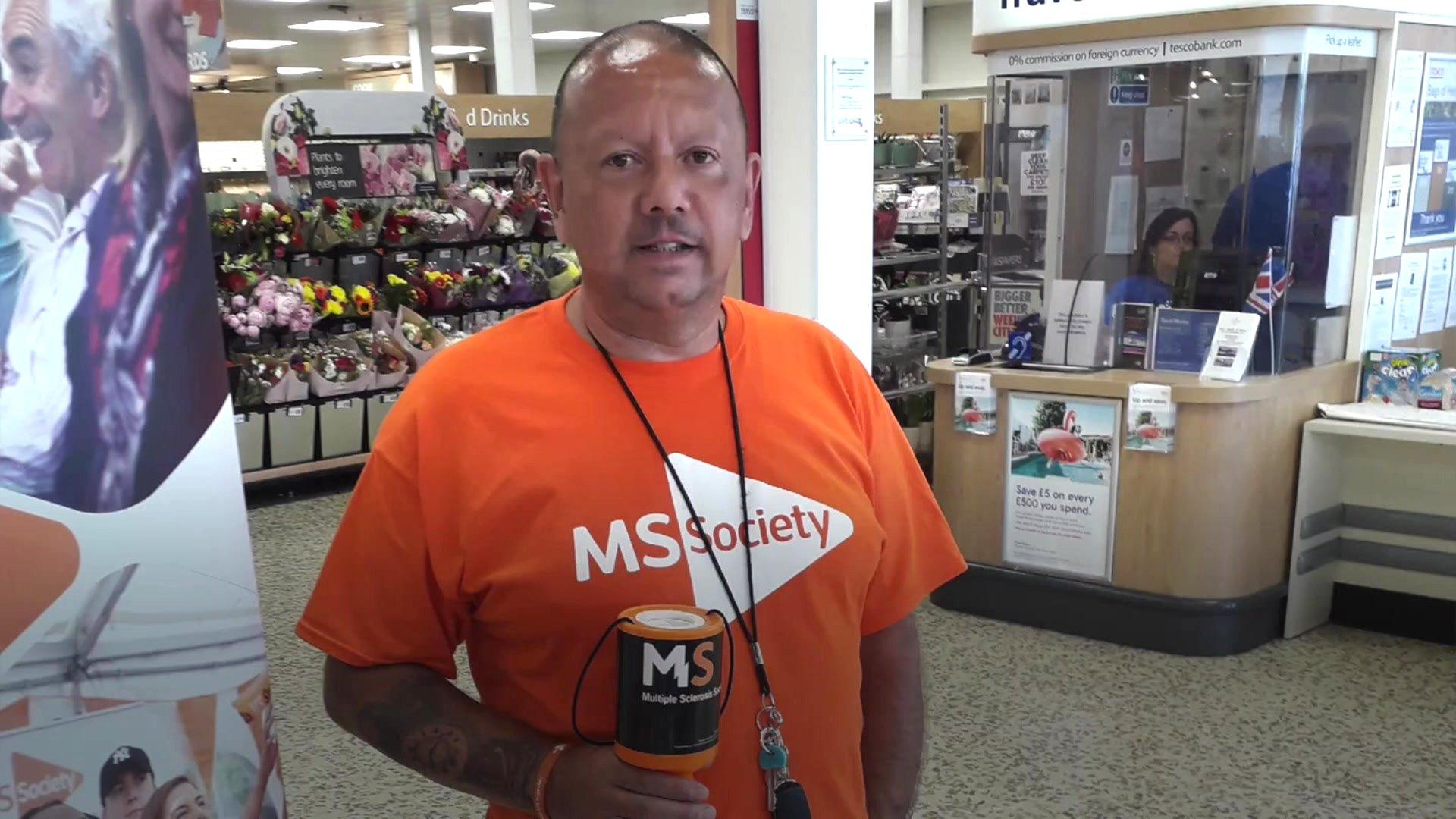
- Published18 March 2018